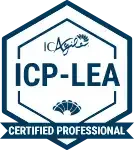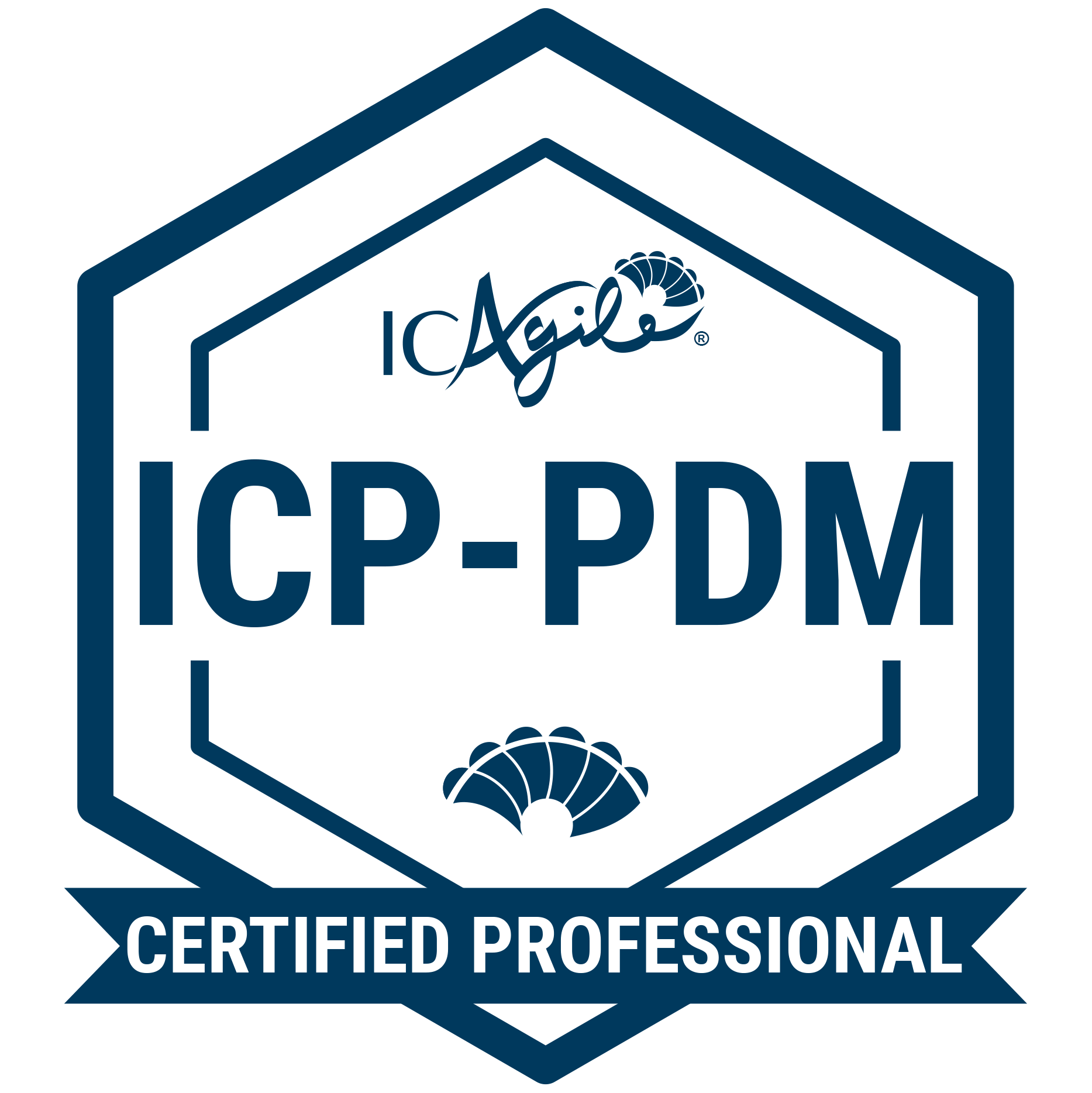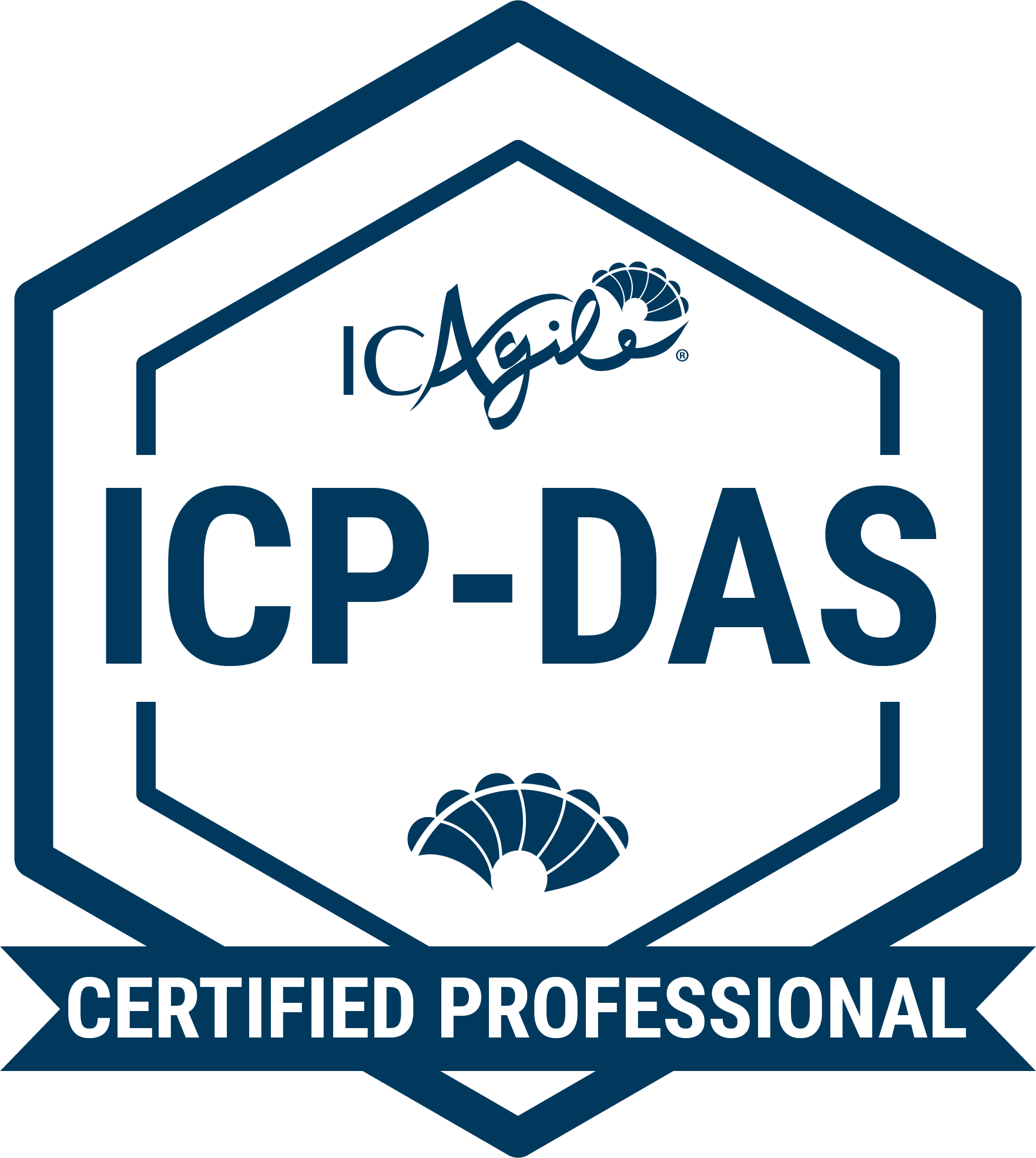As organizations adopt Agile methodologies and engage in practices such as sprints, stand-ups, and retrospectives, they often encounter gaps in their desired outcomes.
Morale may decline, and teams may struggle to deliver as expected.
Recognizing the need for skilled Agile Coaches, the question arises: What specific skills should these coaches possess?
Let’s delve into the essential roles, responsibilities, and underrated skills that define an effective Agile Coach.
Roles and Responsibilities of an Agile Coach
Let's first discuss the roles and responsibilities of an agile coach.
1. Communication Mastery
Agile Coaches are exceptional communicators. They can distill complex concepts into clear language, facilitating meaningful discussions. Their ability to foster collaboration and alignment within teams is paramount.
2. Empathy and Emotional Intelligence
Effective Agile Coaches demonstrate empathy and emotional intelligence. They understand team members’ needs and feelings, creating a safe and supportive environment. Trust is the bedrock for open dialogue and continuous improvement.
3. Facilitation and Coaching Skills
Agile Coaches excel in facilitation and coaching techniques. They guide teams through Agile ceremonies, providing constructive feedback. Their role is to support teams on their journey toward excellence.

Transform your leadership skills with our Agile Coaching Program! Learn to guide teams through Agile practices and drive real results. Enroll today!
Contact Us4. Change Management Expertise
Navigating organizational change is a core responsibility. Agile Coaches embrace uncertainty, empowering teams to adapt and thrive. They address resistance and drive successful transformations.
5. Problem-solving and Critical Thinking
Identifying barriers to Agile adoption requires analytical prowess. Agile Coaches think critically, devising creative solutions and encouraging experimentation.
6. Leadership and Influencing Skills
Agile Coaches inspire others to embrace Agile principles. They lead by example, fostering a culture of accountability and collaboration.
7. Commitment to Continuous Learning
Staying current with Agile methodologies is non-negotiable. Agile Coaches seek professional development opportunities, ensuring they evolve alongside industry trends
5 Underrated Skills for Agile Coaches
While the above skills are well-known, some underrated abilities significantly impact Agile coaching success:
1. Active Listening
Beyond hearing words, active listening involves fully comprehending and processing the team’s ideas, concerns, and feedback. Agile Coaches who master this skill uncover underlying issues and cultivate trust—an essential foundation for continuous improvement.
2. Systems Thinking
Seeing the big picture matters. Agile Coaches analyze how individual actions impact the entire system. Systems thinking helps identify patterns, anticipate outcomes, and design interventions that optimize overall team and organizational performance.
3. Facilitating Learning
Agile Coaches don’t merely teach; they create learning environments. Teams self-discover and grow, fostering sustainable improvement.
4. Emotional Intelligence (EQ)
Recognizing and managing emotions—both their own and others’—allows coaches to build trust, empathy, and resilience within Agile teams.
Conclusion





























































































